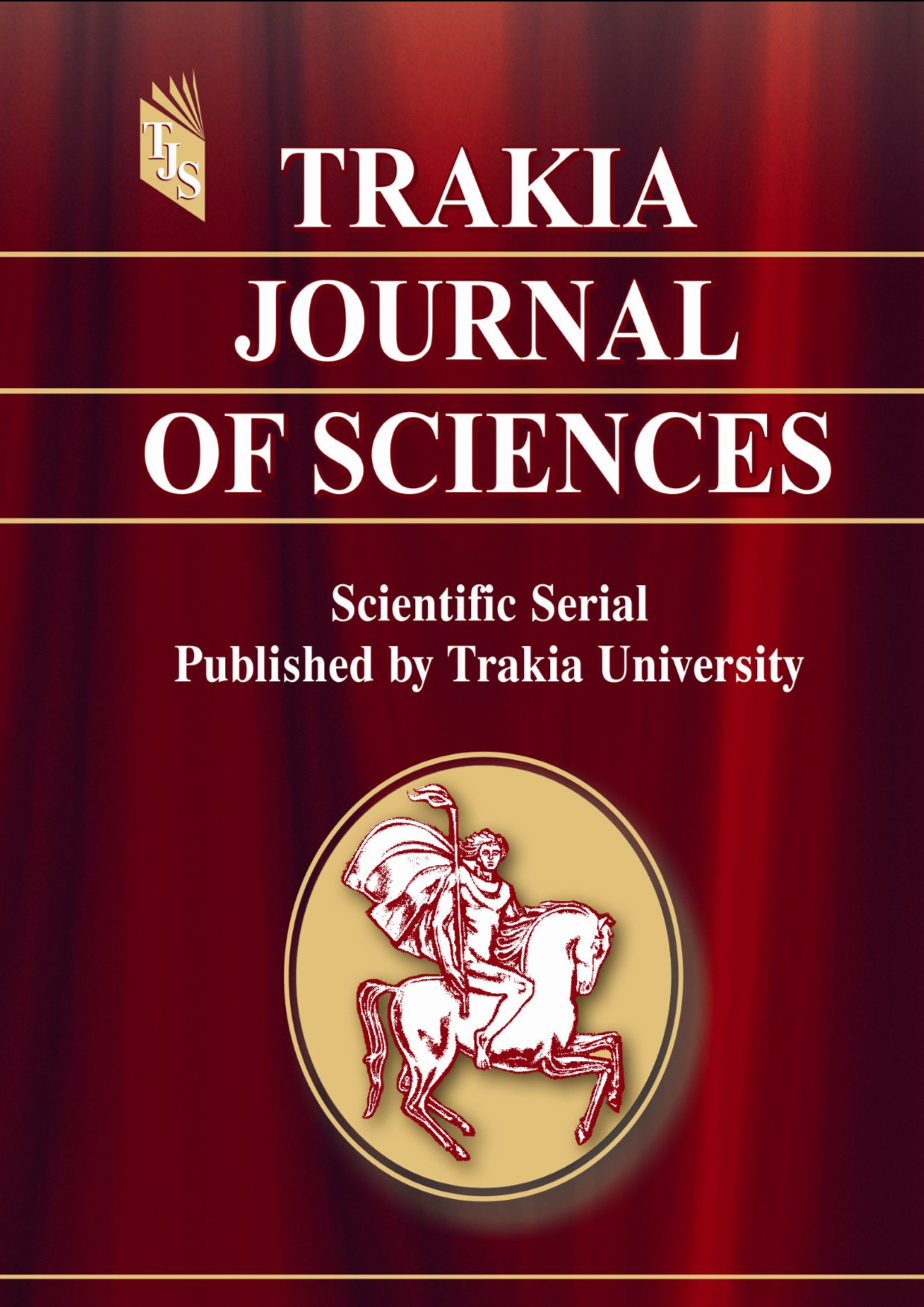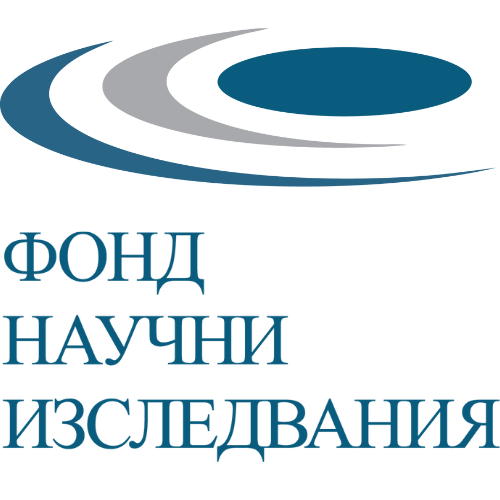BENEFITS OF NON-CONVENTIONAL MEDICINE IN CHILDREN WITH ATTENTION DEFICIT HYPERACTIVITY DISORDER
DOI:
https://doi.org/10.15547/tjs.2025.02.002Keywords:
unconventional medicine, children, hyperactivity, attention deficitAbstract
Unconventional medicine generally refers to methods of treatment and prevention that are not part of the mainstream or traditional medical practice applied in modern medicine. These methods can include a variety of approaches, such as herbal medicine, homeopathy, acupuncture, traditional practices from different cultures, manual therapy, and other alternative therapies. The main difference between conventional and unconventional medicine is that the former is based on scientific research and clinical trials, while the latter may be based on traditional knowledge and personal experiences. Non-conventional medicine offers various approaches to the treatment of children with attention deficit hyperactivity disorder, which can be used in addition to traditional methods or as alternative options. Although scientific research on the effectiveness of these methods is limited, some of them have advantages that may help children with ADHD. The purpose of the article is to present the advantages of unconventional medicine in children with attention deficit hyperactivity disorder. Conclusion: Natural methods such as herbal supplements, meditation, yoga, and aromatherapy, as well as individualized approaches, can help children manage symptoms while improving their overall health and emotional well-being.
References
Kraycheva Ivanova, E. Non-Conventional Methods for Beneficial Impact on Human Health and Training of Healthcare Professionals, Medical University of Varna, 2022.
Mannheim, K. Attention deficit hyperactivity disorder—identification and diagnostic criteria. Psychological research. 04 (2), 59–64. 2001.
Nikolova, D. Krajcheva, E. Filkova, S. The contribution of ancient civilizations to the origin and development of therapeutic gymnastics. Management & Education / Upravlenie i Obrazovanie. Vol 17, Issue 6, p142. 2021.
Gencheva, N. Georgiev, Y. Physiotherapy in Combination of Karate Techniques in a Child with Kabuki Syndrome – Case Presentation. International scientific congress “applied sports sciences. p. 524-529. 2019.
Ranev, А. Nikolov, Т. A positive approach and physical intervention in working with children with challenging behaviour. Pedagogy., 89 (4), 528–537. 2017.
Stoeva, T. S. Psychotherapeutic approaches in childhood. Yearbook of Sofia University "St. Kliment Ohridski". Faculty of Philosophy. Psychology. 112 (1), 96–127. 2022.
Biederman, J. Attention-Deficit/Hyperactivity Disorder: A Selective Overview. Biological Psychiatry, 57 (11), 1215–1220. https://doi.org/10.1016/j.biopsych.2004.10.020. 2005.
Atanasova, A. Psychological assessment of autism spectrum disorders. Yearbook of Sofia University "St. Kliment Ohridski". Faculty of Philosophy. Psychology. 106 (1), 5–36. 2016.
Doncheva, J. Expanding social experience in the process of inclusive education through creativity and active development activity. Yearbook of Sofia University "St. Kliment Ohridski". Faculty of Education Sciences and Arts. Book Pedagogical Sciences, 113 (1), 218–251. 2020.
Fone, K. C.; Nutt, D. J. Stimulants: Use and Abuse in the Treatment of Attention Deficit Hyperactivity Disorder. Current Opinion in Pharmacology, 5 (1), 87–93. https://doi.org/10.1016/j.coph.2004.10.001. 2005.
Baumgaertel, A. Alternative and controversial treatments for attention-deficit/hyperactivity disorder. Pediatric Clinics of North America, 46 (5), 977–992. https://doi.org/10.1016/S0031-3955(05)70167-X. 1999.
Mazza, M.; Pomponi, M.; Janiri, L.; Bria, P.; Mazza, S. Omega-3 Fatty Acids and Antioxidants in Neurological and Psychiatric Diseases: An Overview. Progress in Neuro-Psychopharmacology and Biological Psychiatry, 31 (1), 12–26. https://doi.org/10.1016/j.pnpbp.2006.07.010. 2007.
Myers, S. M.; Johnson, C. P.; the Council on Children With Disabilities. Management of Children With Autism Spectrum Disorders. Pediatrics. 120 (5), 1162–1182. https://doi.org/10.1542/peds.2007-2362. 2007.
Pinto, S.; Correia-de-Sá, T.; Sampaio-Maia, B.; Vasconcelos, C.; Moreira, P.; Ferreira-Gomes, J. Eating Patterns and Dietary Interventions in ADHD: A Narrative Review. Nutrients, 14 (20), 4332. https://doi.org/10.3390/nu14204332. 2022.
Chan, Y.-S.; Jang, J.-T.; Ho, C.-S. Effects of Physical Exercise on Children with Attention Deficit Hyperactivity Disorder. Biomedical Journal, 45 (2), 265–270. https://doi.org/10.1016/j.bj.2021.11.011. 2022.
Popova, M. S.; Krustev, M.; Hadzieva, L.; Filkova, S. The Reflection of Exercise on the New Generation. Scripta Scientifica Vox Studentium, 1 (1), 37–42. 2017.
Pinquart, M. Behavior Problems, Self-Esteem, and Prosocial Behavior in Siblings of Children With Chronic Physical Health Conditions: An Updated Meta-Analysis. Journal of Pediatric Psychology, 48 (1), 77–90. https://doi.org/10.1093/jpepsy/jsac066. 2023.
Jarraya, S.; Jarraya, M.; Nouira, S. Effect of Yoga on Motor Skills and Self-Esteem in Kindergarten Children: A Randomized Controlled Trial. International Journal of Yoga Therapy, Article 10. https://doi.org/10.17761/2022-D-21-00060. 2022.
Ringdal, R.; Espnes, G. A.; Eilertsen, M.-E. B.; BjØrnsen, H. N.; Moksnes, U. K. Social Support, Bullying, School-Related Stress and Mental Health in Adolescence. Nordic Psychology, 72 (4), 313–330. https://doi.org/10.1080/19012276.2019.1710240. 2020.
Nikolova, D.; Ivanova, E. Therapeutic Aspects of Iyengar Yoga. Varna Medical Forum, 7 (0), 254–259. https://doi.org/10.14748/vmf.v7i0.6596. 2018.
Vankova, D. Knowledge, attitudes and practices (kap) study of complementary and alternative medicine (cam) among students and professionals: evaluating educational needs. Edulearn22, Proceedings, 690–697. https://doi.org/10.21125/edulearn.2022.0204. 2022.
Groenman, A. P.; Hornstra and co-authors. An Individual Participant Data Meta-Analysis: Behavioral Treatments for Children and Adolescents With Attention-Deficit/Hyperactivity Disorder. Journal of the American Academy of Child & Adolescent Psychiatry, 61 (2), 144–158. https://doi.org/10.1016/j.jaac.2021.02.024. 2022.
Concannon, P.; Tang, Y. Management of Attention Deficit Hyperactivity Disorder: A Parental Perspective. Journal of Paediatrics and Child Health, 41 (12), 625–630. https://doi.org/10.1111/j.1440-1754.2005.00771.x. 2005.
Hattabi, S.; Forte, P.; Kukic, F.; Bouden, A.; Have, M.; Chtourou, H.; Sortwell, A. A Randomized Trial of a Swimming-Based Alternative Treatment for Children with Attention Deficit Hyperactivity Disorder. International Journal of Environmental Research and Public Health, 19 (23), 16238. https://doi.org/10.3390/ijerph192316238. 2022.
Valtcheva, E.; Dimitrova, T.; Mihaylov, N.; Vankova, D. I. Early childhood development—a determinant of health and quality of life in the modern society. study design and influencing factors. Izvestia Journal of the Union of Scientists - Varna. Medicine and Ecology Series, 25 (2), 47–52. https://doi.org/10.14748/isuvsme.v25i1.7226. 2020.

Downloads
Published
Issue
Section
License

This work is licensed under a Creative Commons Attribution-NonCommercial 4.0 International License.


